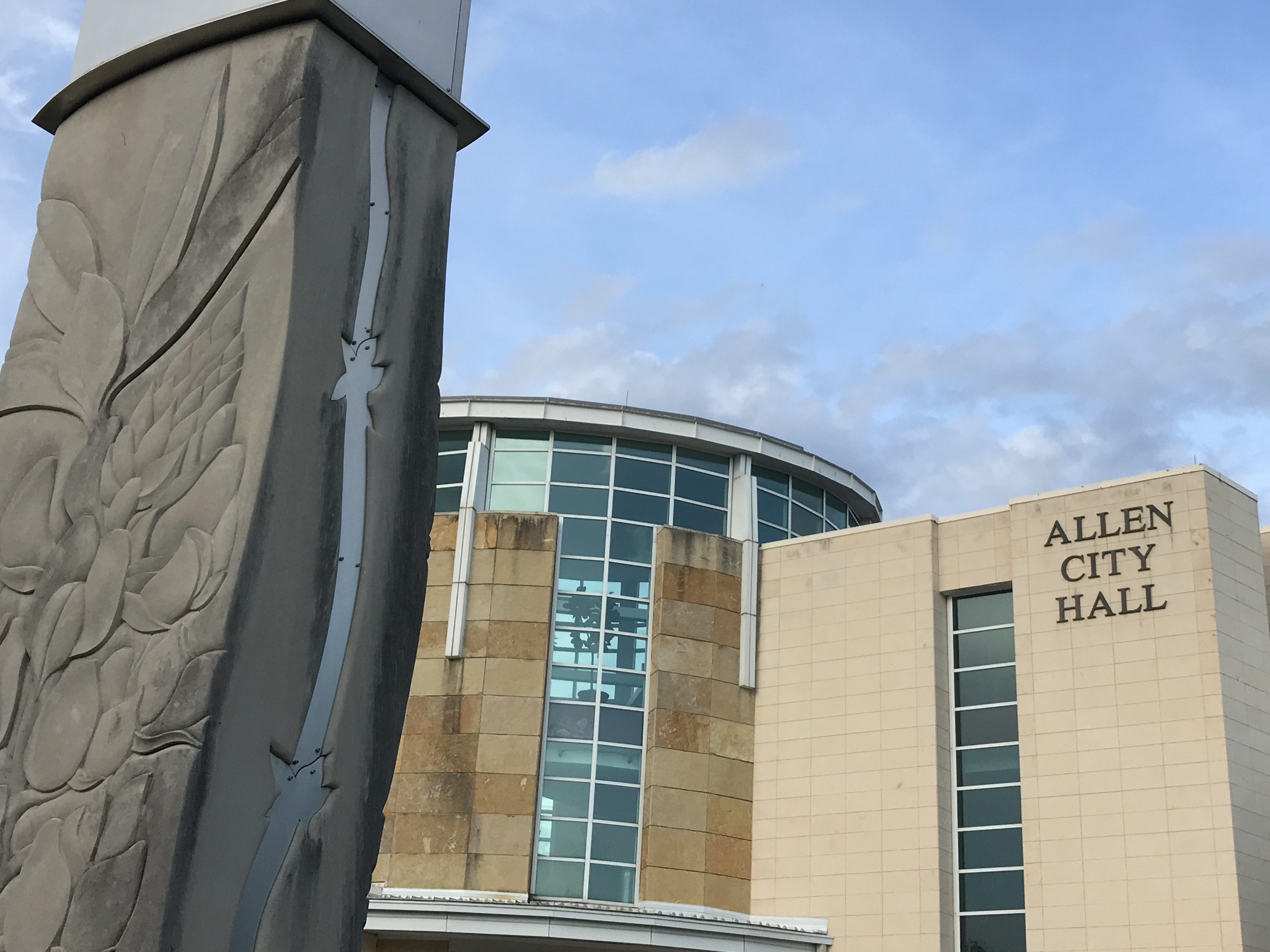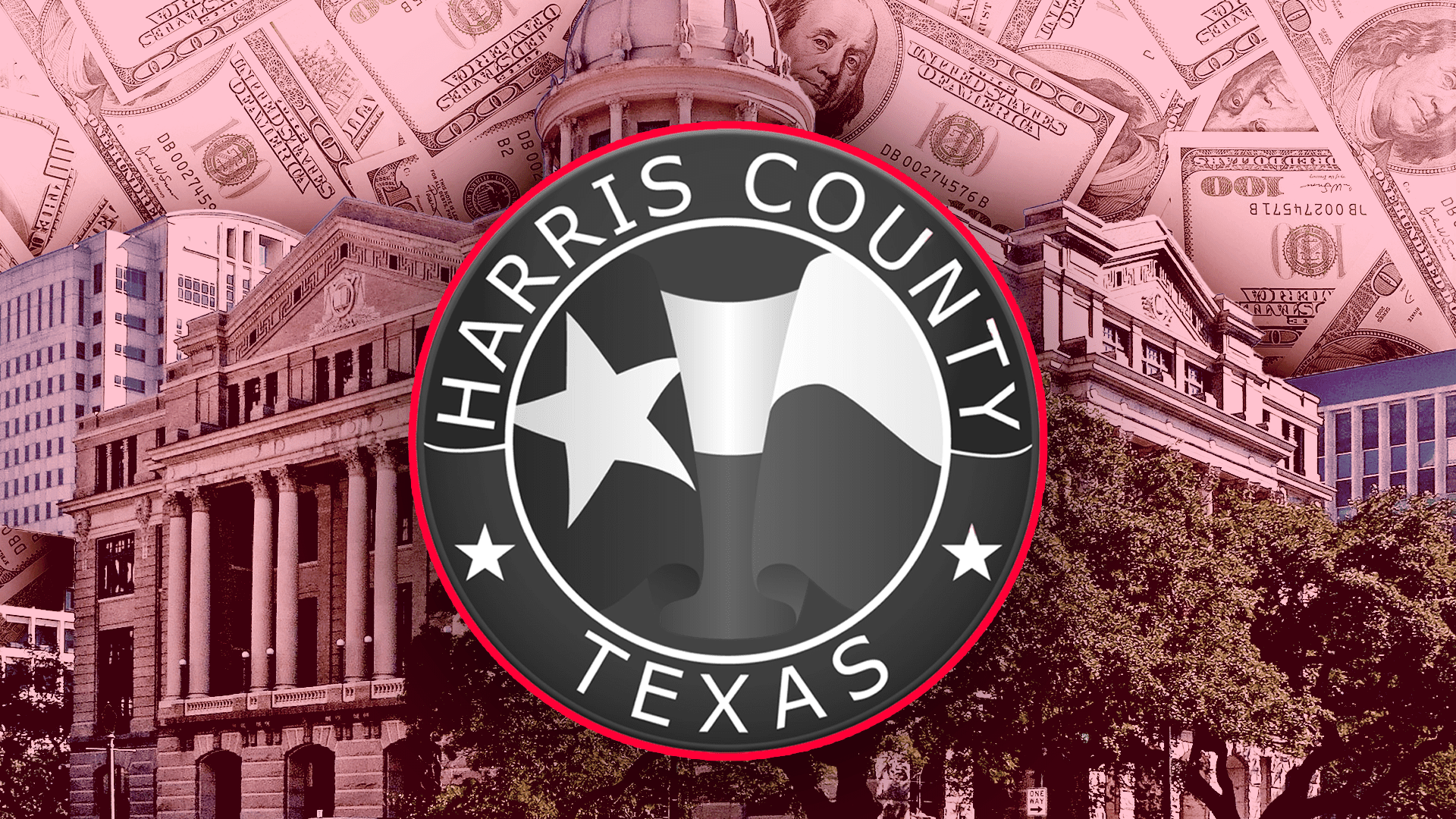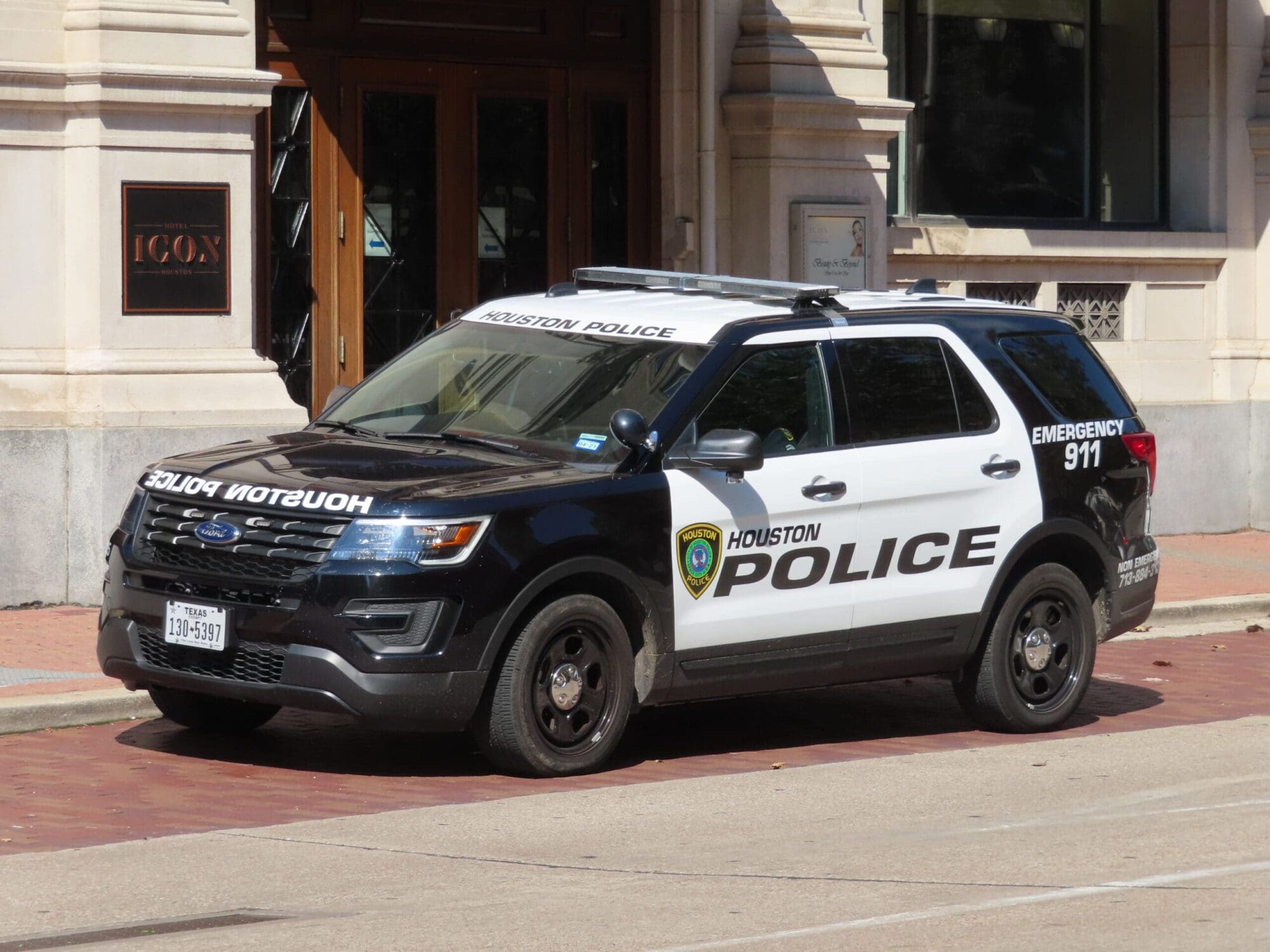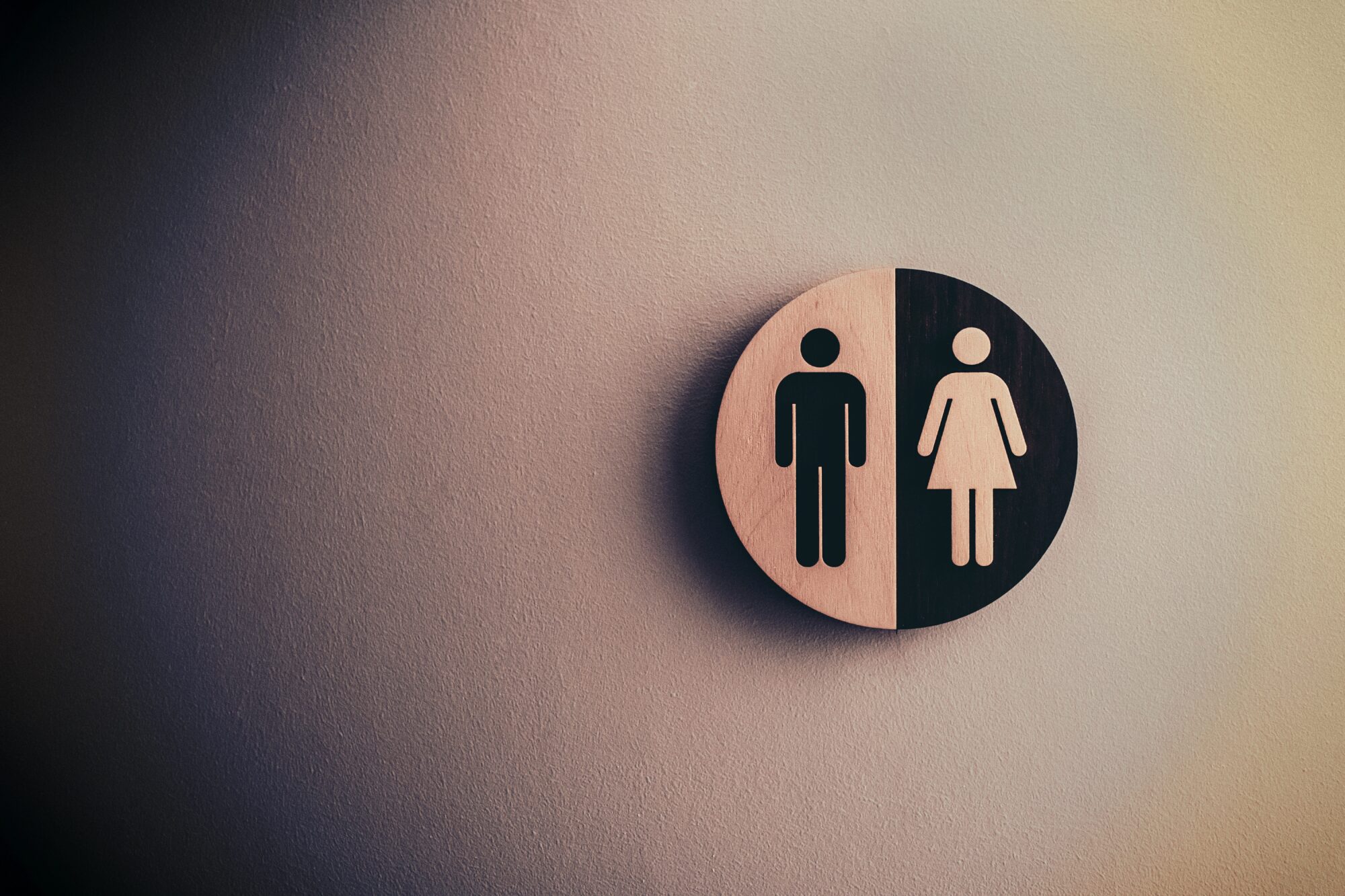City officials listened to residents’ concerns Tuesday night and rejected a controversial high-density “urban residential” project in Allen’s central business district—to the relief of the vast majority of citizens at the meeting, who spoke against the plan to urbanize the city’s historic downtown area.
Allen City Council voted 5-2 to deny the “Allen City Center” plan, with prejudice (permanently), after hearing from the developer and residents one last time. Only Mayor Steve Terrell and council member Gary Caplinger voted in favor of the redevelopment plan that centered around building 800 apartment units on 12 acres in downtown Allen.
“This has been a flawed proposal from the beginning,” said Adelia Scaife, who lives in the Whisenant Estates neighborhood adjacent to the development site. Residents had argued the proposed four- and five-story buildings were too close to existing single-family homes.
Echoing sentiments expressed at previous hearings, public comments from the capacity crowd at city hall were almost entirely against the development as proposed, with many saying it was the wrong project in the wrong place. In addition, dozens of residents who submitted a meeting appearance card but did not speak during the hearing were all opposed to the plan.
The project faced strong public opposition primarily due to its high density—more than twice the existing standard of 32 units per acre—and numerous other land-use variances requested by the developer, Wolverine Interests. If adopted, those variances would have set new standards for future development in the central business district (CBD), which is much larger than the four blocks covered by the Allen City Center project.
“We can do so much better,” resident Bob Acker told council members. “We only have one chance to do downtown right.”
“If we make a mistake, it’s for good,” said engineer and former city council member Ken Fulk, who also spoke against the proposed development plan. Fulk detailed a long list of requested variances from the standards contained in the comprehensive plan he helped update while in office.
“There are so many things in here that are so far off what the land development code requires, it makes my head spin,” Fulk said, adding that “urban residential” is not in Allen’s land development code and doesn’t apply to the CBD.
Proponents of the proposal said high-density residential development is needed to bring people downtown, and they believed the project would have been a catalyst for creating a vibrant central business district.
While the Allen City Center plan is dead, the property owners are free to submit a new redevelopment plan or to build within existing land-use guidelines. Council members agreed they should get input from the community and revisit the city’s comprehensive plan and CBD standards to establish a clear vision for future downtown revitalization projects.
The entire August 13 Allen City Council meeting, including the public hearing on the CBD development plan, can be viewed at www.cityofallen.org/982/ACTV.





